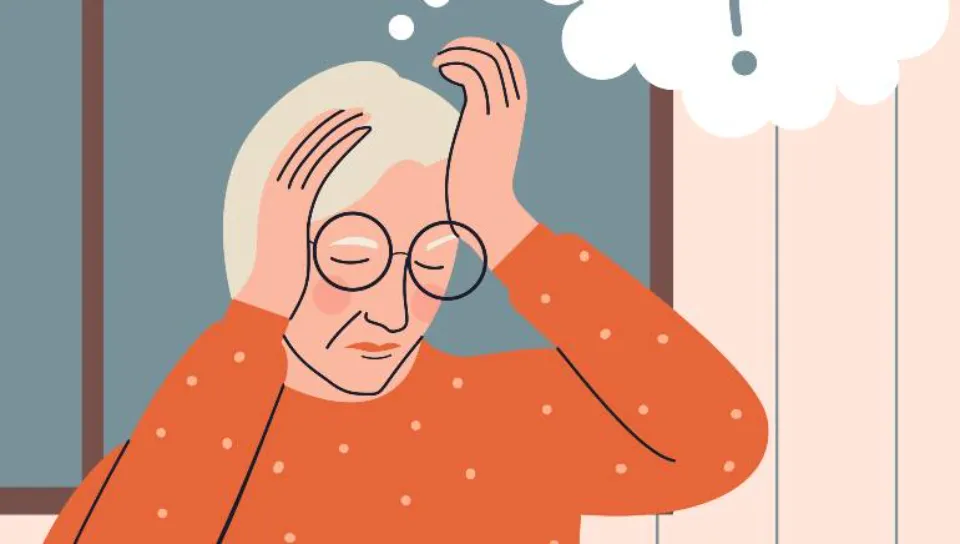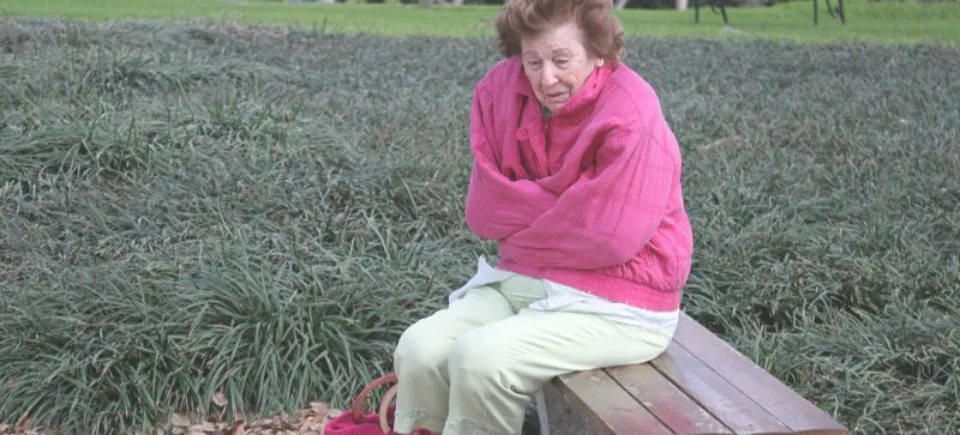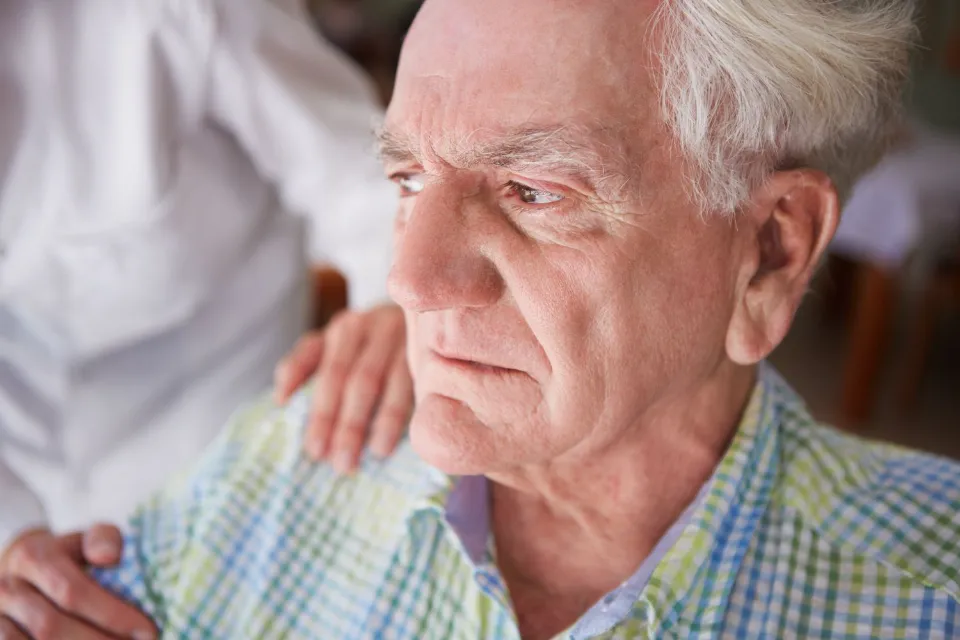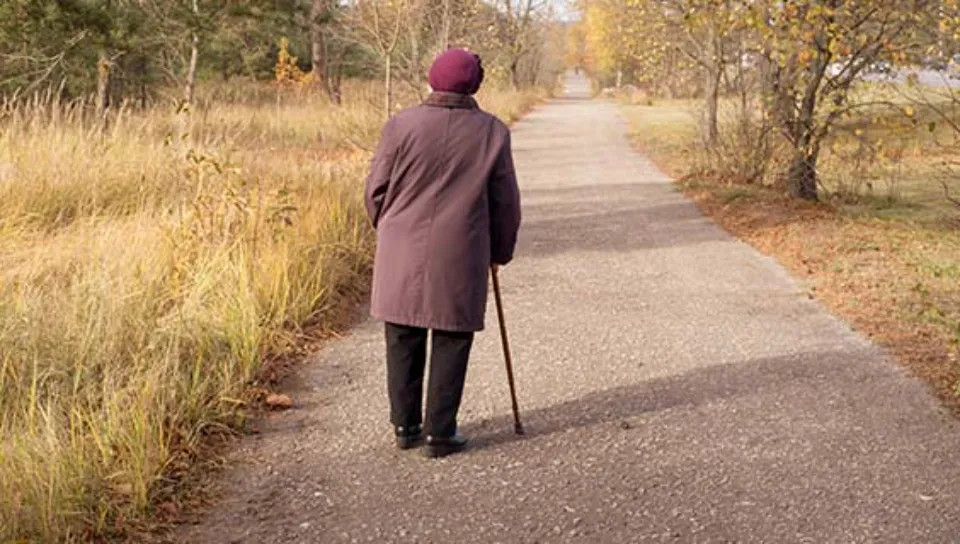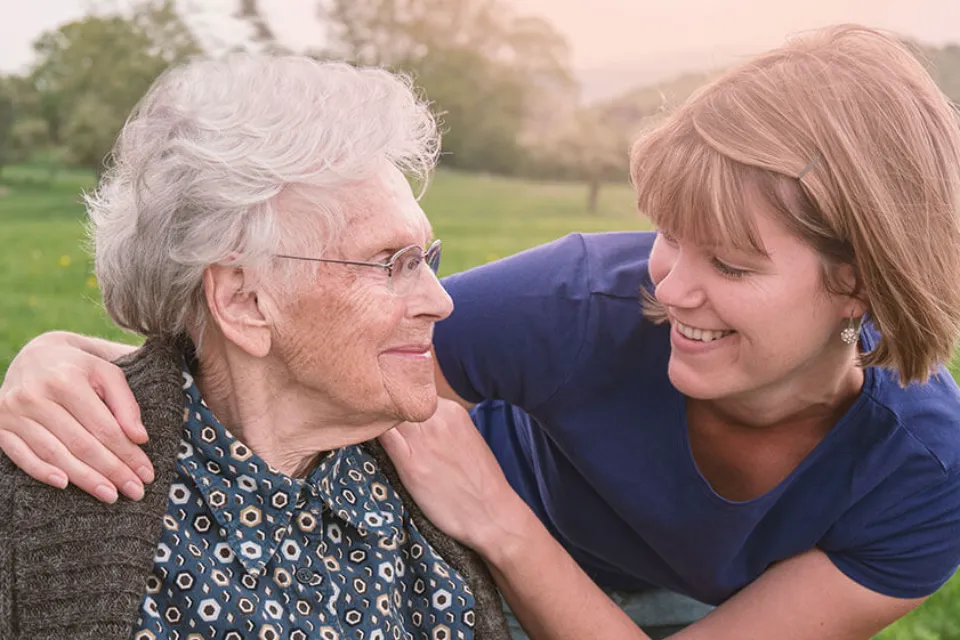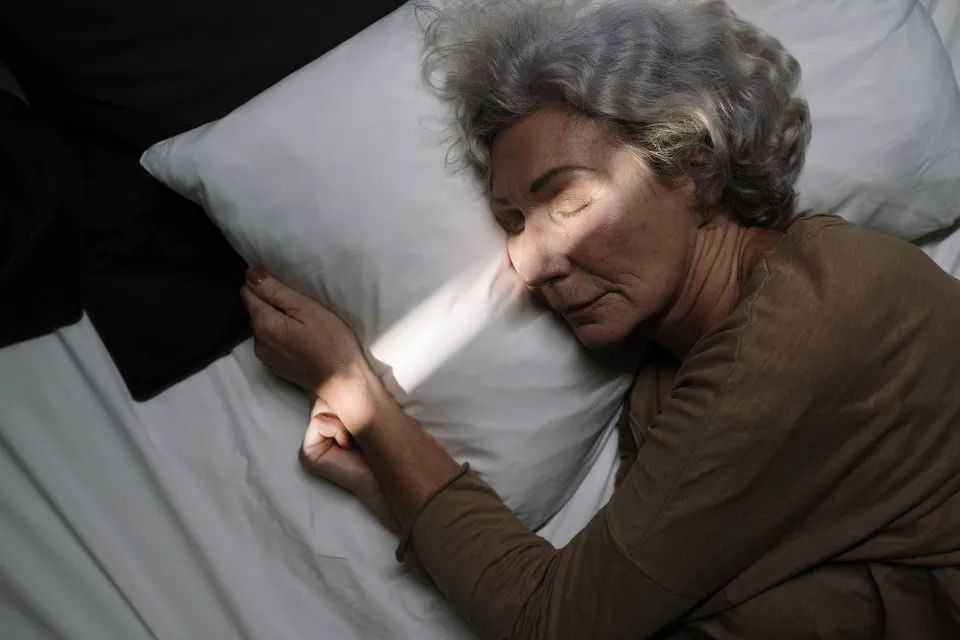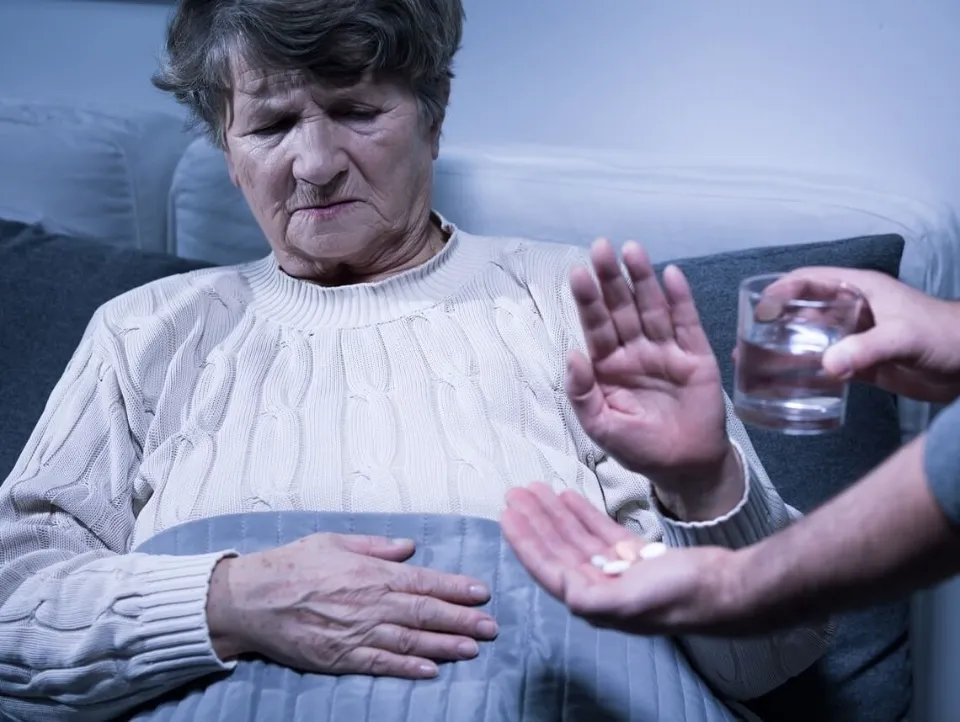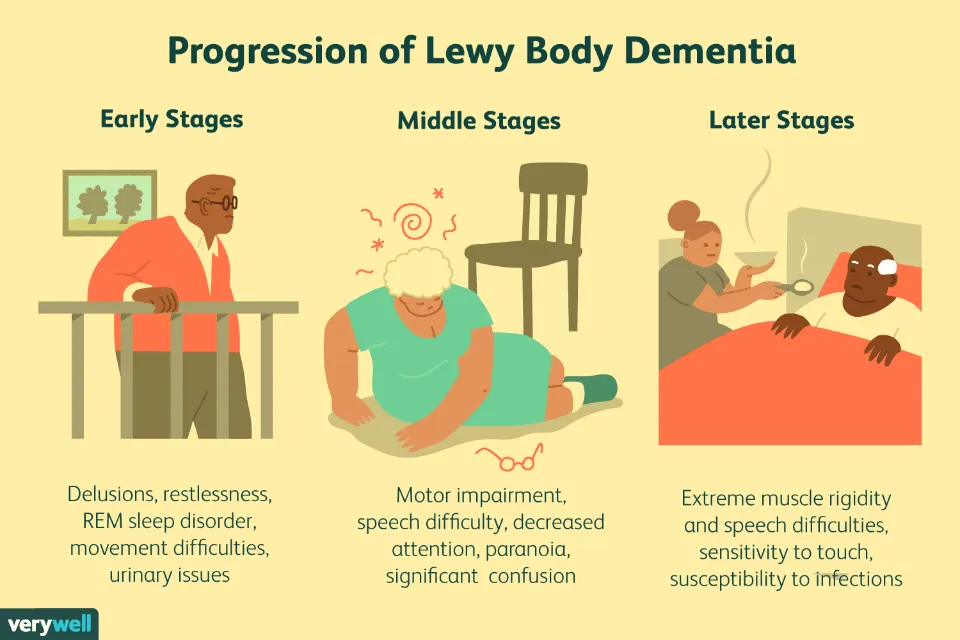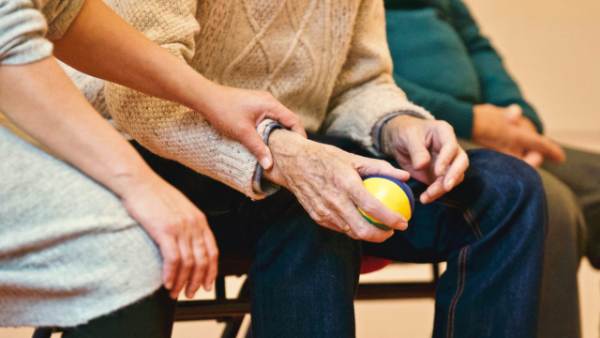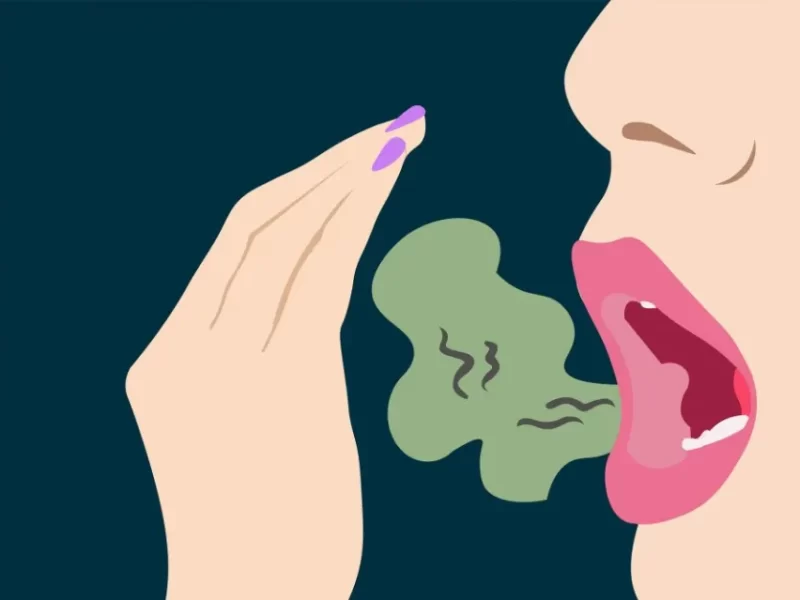As a general term for the impaired memory, thinking, or decision-making that interferes with performing daily tasks, dementia does not refer to a particular disease. The most typical form of dementia is Alzheimer’s disease. Although dementia primarily affects older adults, it is not a natural part of aging.
In 2014, there were an estimated 5.0 million adults over the age of 65 who had dementia, and by 2060, that number is expected to rise to almost 14 million.
What you must understand and what should be done if a loved one has dementia.
An Overview of Dementia
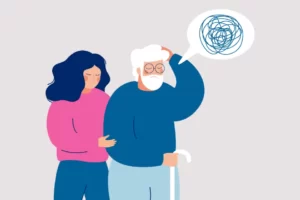
Dementia is a disorder that manifests as a set of related symptoms, which usually surface when the brain is damaged by injury or disease. Progressive memory, thinking, and behavioral impairments are among the symptoms, which have a detrimental effect on a person’s capacity to function and perform daily tasks. The most typical symptoms include emotional issues, language challenges, and a decrease in motivation, in addition to memory loss and disruption in thought patterns.
The symptoms can be thought of as progressing through various stages in a continuum. No changes are made to consciousness. In the end, dementia has a significant impact on the patient, the caregivers, and social interactions in general. A person must exhibit a change from their typical mental functioning in addition to a greater level of cognitive decline than is typical with aging in order to be diagnosed with dementia.
Dementia is a condition that can be caused by a number of illnesses and brain injuries, including strokes. However, Alzheimer’s disease, a neurodegenerative disorder, is the most typical cause. The Diagnostic and Statistical Manual of Mental Disorders, Fifth Edition (DSM-5), dementia is now classified as either a minor or major neurocognitive disorder with a range of severity levels and numerous causative subtypes.
The pathology of misfolded proteins, such as tauopathies and synucleinopathies, may also be the basis for subtypes of neurodegenerative dementias. Mixed dementia refers to the presence of multiple types of dementia.
Stages of Dementia
It’s not uncommon to forget to buy bread at the grocery store, lose your car keys, or call your neighbor by the wrong name. Alzheimer’s disease is a progressive illness that typically worsens over a number of years. It starts out slowly and slowly gets worse. Researchers and doctors created the following seven stages to explain how an individual with Alzheimer’s may change over time. Then you can understand your old parents with Alzheimer’s well.
- Stage 1: Before Symptoms Appear
- Stage 2: Subjective Memory Loss
- Stage 3: Mild Cognitive Decline
- Stage 4: More Than Memory Loss
- Stage 5: Moderately Severe Cognitive Decline
- Stage 6: Severe Cognitive Decline
- Stage 7: Lack Of Physical Control
Risk Factors
When it comes to dementia, there are risk factors you can change, and risk factors you cannot. Learn about both types on this page, as well as unproven risks that need more evidence to be considered valid.
High Blood Pressure
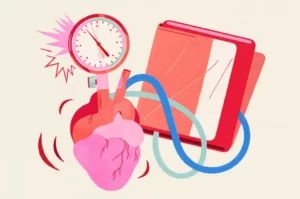
In comparison to people with normal blood pressure, those who have persistently high blood pressure (hypertension) in their mid-life (ages 45 to 65) are more likely to develop dementia.
Due to its effects on the heart, arteries, and blood flow, high blood pressure can raise the risk of dementia, especially vascular dementia.
Stress
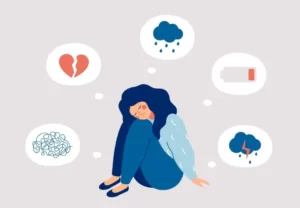
Alzheimer’s disease is more likely to develop in people who experience depression in middle or later life. The link between depression and dementia is still unknown, though.
Many scientists think that depression increases the risk of developing dementia; however, others think that it may also be an early sign of the condition.
Smoking
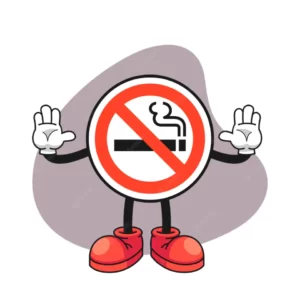
Strong and consistent evidence suggests that smokers are more likely to develop dementia than non-smokers. non-smokers or ex-smokers.
Quitting is never too late! The risk of dementia can be decreased for smokers who give up.
Traumatic Brain Injury
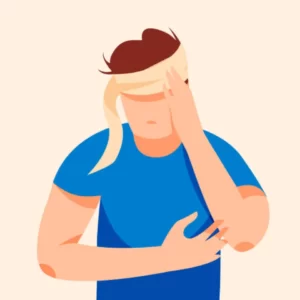
Dementia risk increases in individuals who sustain severe or repeated head injuries. Dementia may develop as a result of a process that brain injuries may start.
Athletes who compete in boxing, soccer, hockey, and football in particular are impacted because head injuries are frequent in these sports.
Traumatic brain injuries are most commonly caused by falls. An older adult’s risk of falling is increased.
Poor Diet

An unhealthy diet that is high in salt, sugar, and saturated fat can raise your risk of developing dementia and cardiovascular disease, among other diseases.
After all, experts have been warning about the dangers of consuming too much sugar for years, as it has been connected to obesity and a number of other health issues.
But studies showing a link between the artificial sweeteners used in coke and a higher risk of stroke and dementia were published earlier this year in the American Heart Association journal Stroke.
Hearing Loss
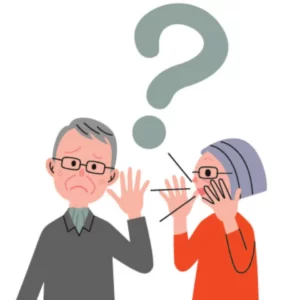
The risk of dementia and cognitive decline is increased by mild hearing loss. Hearing loss can cause social isolation, independence loss, and difficulties with daily activities, though it is still unclear how exactly it affects cognitive decline.
You’ve probably heard that hearing loss is irreversible and that hearing damage can develop gradually over time. A simple way to prevent inner ear damage and hearing loss is to avoid exposure to loud noises and use protection. You can also research natural hearing improvement methods.
Social Isolation
The risk of hypertension, coronary heart disease, depression, and dementia can all be raised by social isolation.
Dementia risk may be lowered by maintaining social engagement. Social interaction might also halt the spread of the illness.
Symptoms & Management
Signs and symptoms of dementia result when once-healthy neurons (nerve cells) in the brain stop working, lose connections with other brain cells, and die. While everyone loses some neurons as they age, people with dementia experience far greater loss.
The signs and symptoms can vary depending on the type and may include:
- Experiencing memory loss, poor judgment, and confusion
- Difficulty speaking, understanding, and expressing thoughts, or reading and writing
- Wandering and getting lost in a familiar neighborhood
- Trouble handling money responsibly and paying bills
- Repeating questions
- Using unusual words to refer to familiar objects
- Taking longer to complete normal daily tasks
- Losing interest in normal daily activities or events
- Hallucinating or experiencing delusions or paranoia
- Acting impulsively
- Not caring about other people’s feelings
- Losing balance and problems with movement
People with intellectual and developmental disabilities can also develop dementia as they age, and in these cases, recognizing their symptoms can be particularly difficult. It’s important to consider a person’s current abilities and to monitor for changes over time that could signal dementia.
Read More Related Posts
Final Results
Does dementia kill? This disease is more than just a memory loss. The complications of Alzheimer’s can lead to a severe decline in brain function that can eventually lead to death. It’s possible that you could die from complications of dementia, but you’re unlikely to die from the disease itself.
How Do You Die from Dementia?
People who are suffering from dementia may have immune systems that are less robust. Infection-related pneumonia is one of the most frequent causes of death.
Lewy Body Dementia: How Does It Kill You?
Lewy body dementia patients have a higher than average risk of respiratory death compared to AD dementia patients, and they frequently pass away from dementia-related complications.
Is Alzheimer’s Contagious?
You may have seen recent headlines asserting that dementia and Alzheimer’s disease are surgically-caused infections that can spread to others. You won’t get Alzheimer’s disease from hugging or holding your grandmother’s hand, so relax.
Products You Can Choose For Loved Dementia One

Seniors with dementia may not be able to take care of themselves in the later stages of life and may develop symptoms such as urinary incontinence, and you will need some products to deal with incontinence.

Seniors frequently fall short of the recommended daily allowance of several nutrients and vitamins. Buying protein drinks that are loaded with extra nutrients is one way to include these nutrients as a supplement in your diet.

For people with limited mobility, especially elderly people, walking canes are a crucial aid. Seniors’ balance and gait are significantly improved, and using a cane lowers their risk of falling. The best walking canes for seniors may differ depending on a person’s preferences and characteristics because walking canes come in a variety of styles and materials.

